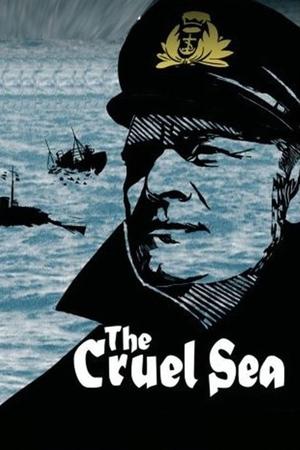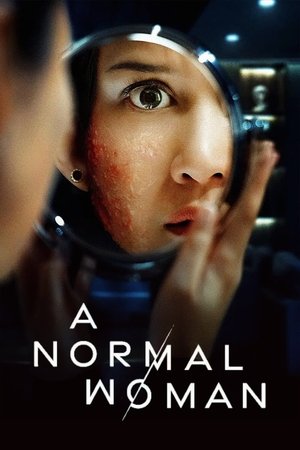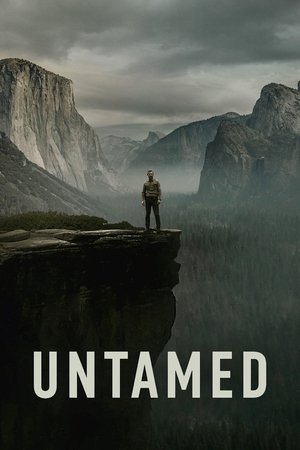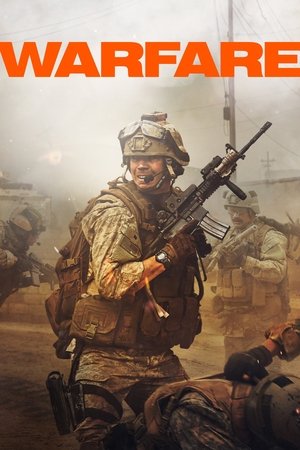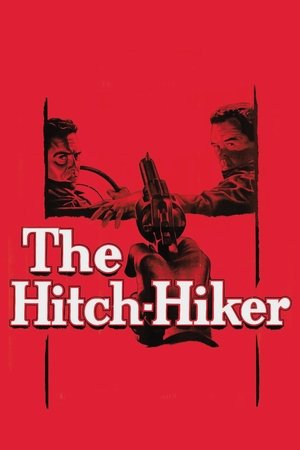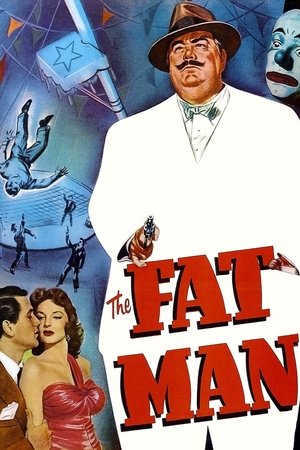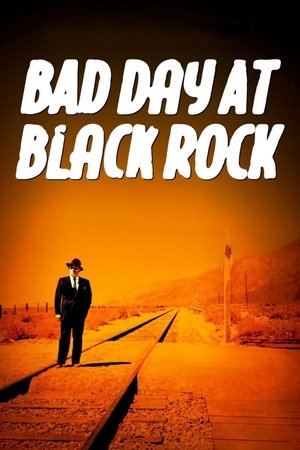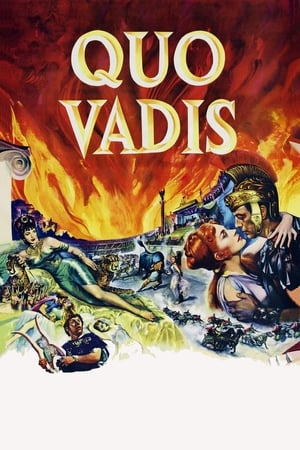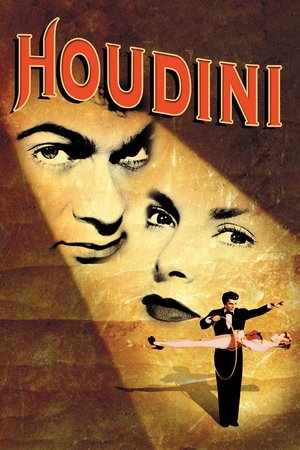The Cruel Sea (1953)

| Director | Charles Frend |
| Cast | Alan Webb, Alec McCowen, Andrew Cruickshank, Anthony Snell, Barry Letts |
| Year | 1953 |
| Country | United Kingdom |
| Genres | Drama, History, War |
| Duration | 126 min |
| Release | 24 Feb 1953 |
| Language | English |
| Revenue | N/A |
| Trailer | Watch Trailer |
Synopsis
At the start of World War II, Cmdr. Ericson is assigned to convoy escort HMS Compass Rose with inexperienced officers and men just out of training. The winter seas make life miserable enough, but the men must also harden themselves to rescuing survivors of U-Boat attacks, while seldom able to strike back. Traumatic events afloat and ashore create a warm bond between the skipper and his first officer
At the onset of World War II, the British naval forces faced enormous challenges, both from the enemy and the unforgiving sea. The film “The Cruel Sea” (1953) masterfully captures this tumultuous period, focusing on the harrowing experiences of the crew aboard the HMS Compass Rose. This wartime drama, directed by Charles Frend, is an adaptation of Nicholas Monsarrat’s best-selling novel of the same name. It delivers a gripping portrayal of the resilience and camaraderie forged amidst the chaos of war.
The narrative kicks off with Cmdr. Ericson, played by the venerable Jack Hawkins, taking command of the HMS Compass Rose. He is tasked with escorting convoys across the perilous North Atlantic, a mission fraught with danger from the lurking German U-Boats. The crew he inherits is a group of inexperienced officers and men, fresh out of training, untested by the formidable trials that lay ahead. The story takes a deep dive into the struggles faced by this ragtag team as they transform into seasoned sailors.
The winter seas are a formidable adversary, making life onboard the ship almost unbearable. The crew must constantly brace themselves against the relentless waves and icy winds, all while maintaining their readiness to rescue survivors of U-Boat attacks. The film does an outstanding job of showcasing the psychological toll that war takes on these men, portraying their emotional and physical sacrifices with an unflinching realism. The fact that they seldom have the opportunity to retaliate against their invisible foes only adds to the tension and despair.
One of the film’s most compelling aspects is the relationship between Cmdr. Ericson and his first officer, Lt. Lockhart, portrayed by Donald Sinden. As they navigate through traumatic events both afloat and ashore, a deep and genuine bond forms between them. Their friendship becomes a beacon of hope and solidarity amid the relentless barrage of challenges. This dynamic is further explored as they confront their own fears and insecurities, growing not only as officers but as individuals.
With a supporting cast that includes Stanley Baker, Denholm Elliott, and Virginia McKenna, “The Cruel Sea” offers a robust depiction of life during wartime. Each character contributes to the film’s overarching theme of survival and the human spirit’s capacity to endure even the most adverse conditions. The performances are stellar, with each actor bringing depth and authenticity to their roles.
The film’s direction by Charles Frend is noteworthy, as he expertly balances the intense action sequences with moments of quiet introspection. His ability to convey the claustrophobic conditions aboard the ship, as well as the vastness of the ocean, adds a layer of tension that permeates the entire film. The cinematography captures the stark beauty and terror of the sea, serving as a fitting backdrop for the unfolding drama.
As a war film, “The Cruel Sea” transcends the typical genre conventions by focusing not just on the battles fought, but on the emotional journeys of its characters. It is a poignant reminder of the sacrifices made by those who served, and the impact of war on the human psyche. The film has been well-received, earning a reputable IMDb rating of 7.4, a testament to its enduring appeal and significance in the annals of cinematic history.
For those interested in exploring more about this classic, the film’s page on The Cruel Sea (1953) provides further insights and details. Whether you’re a history enthusiast or a lover of compelling narratives, “The Cruel Sea” is a film that resonates on many levels, making it a must-watch for audiences seeking both action and depth.
In conclusion, “The Cruel Sea” is not just a film about war; it is a study of the human condition, resilience, and the bonds formed in the face of adversity. Its powerful storytelling and memorable performances ensure that it remains a significant work that continues to engage and move audiences to this day.

